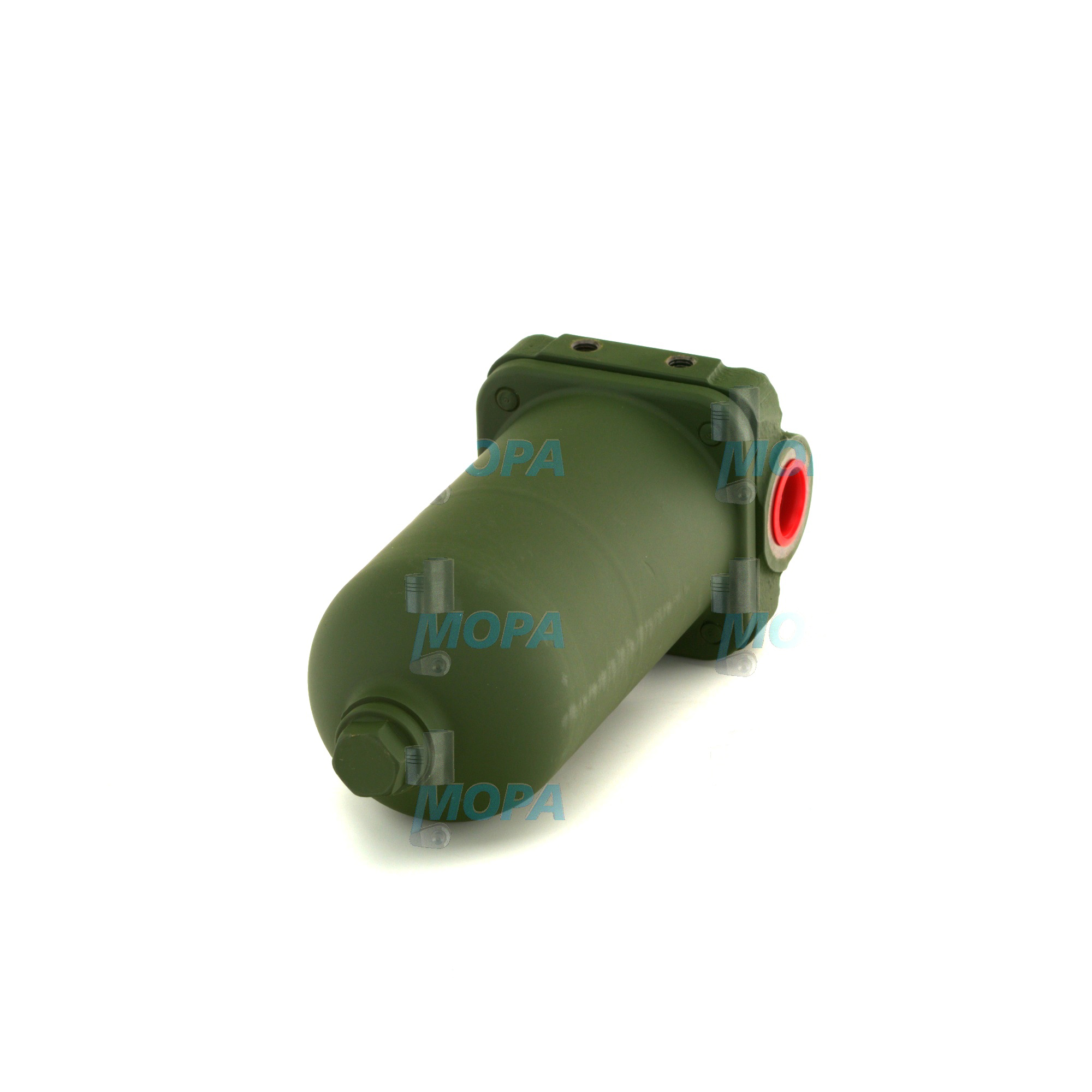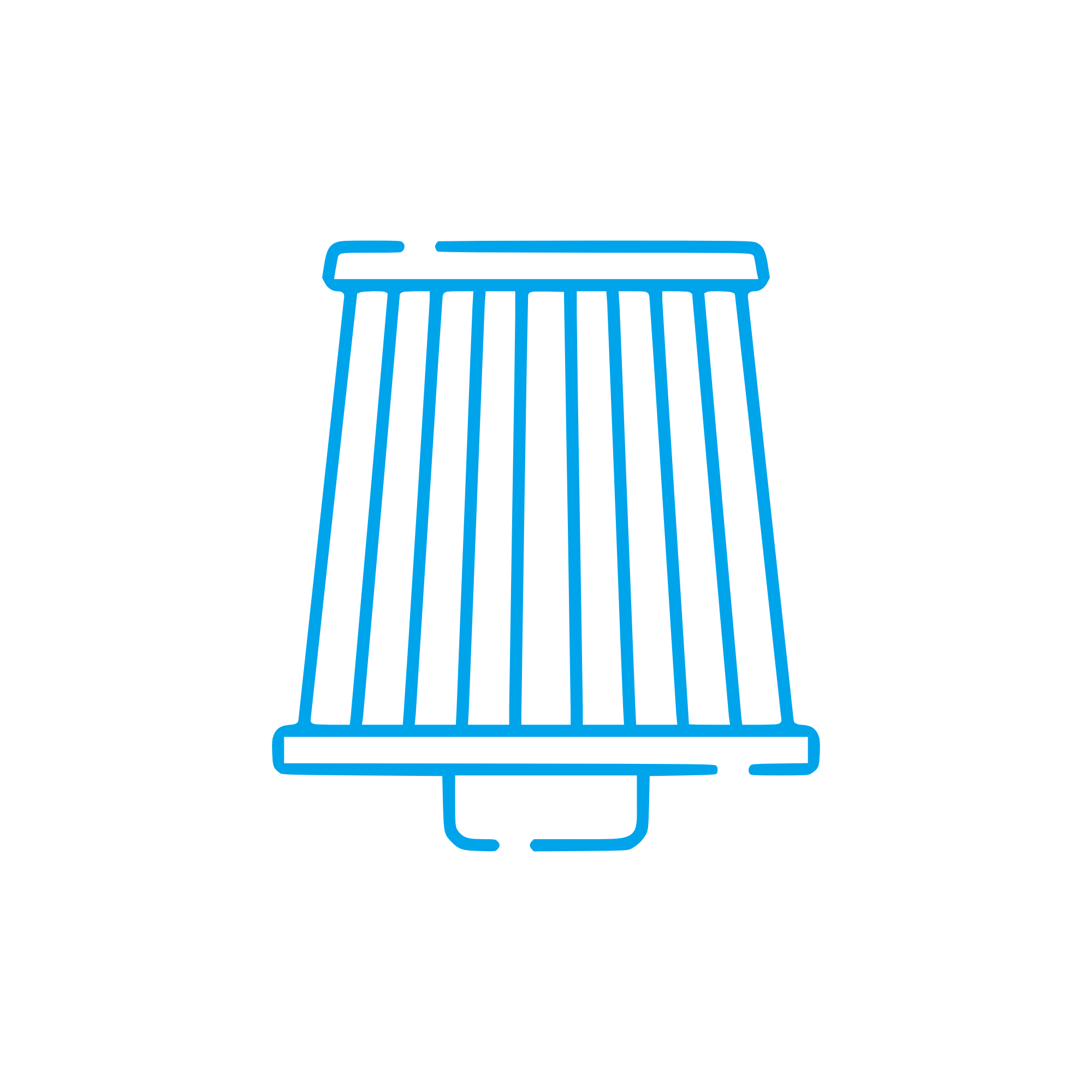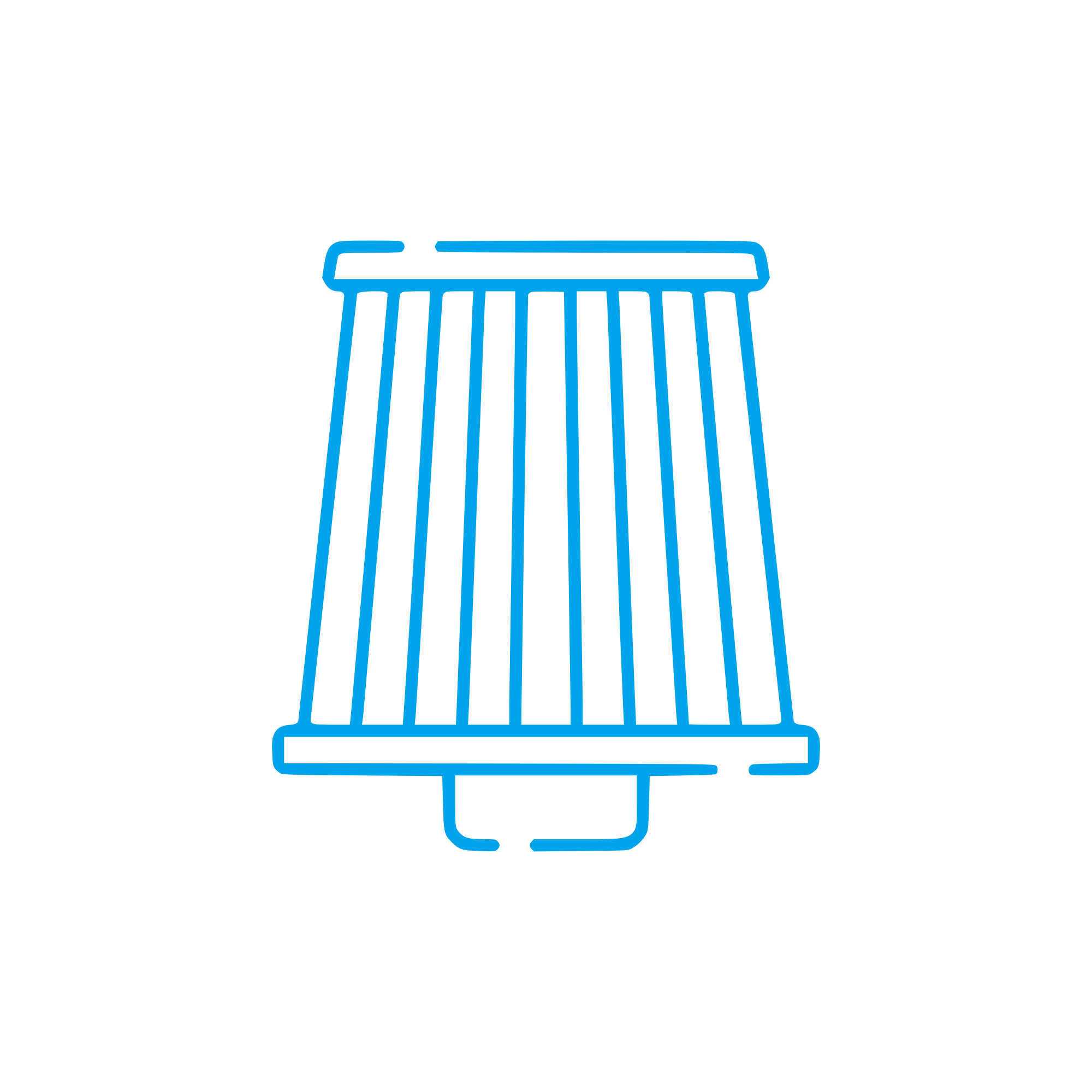GAP FILTER Filters for Marine and Diesel Engines
Filters are core engine components that protect precision parts from abrasive particles, water, and chemical contaminants. In heavy-duty marine and industrial environments, they safeguard fuel injection systems, turbochargers, bearings, and emission aftertreatment. Whether installed on a propulsion plant, an auxiliary generator, or a gas engine driving compressors, high‑quality Filter solutions maintain cleanliness levels that keep engines efficient and extend service life. When professionals search for “GAP FILTER marine engine” or “GAP FILTER diesel engine,” the focus is typically on robust filtration performance with dependable flow, proven separation efficiency, and stable pressure drop across long service intervals.
Within this article category, Filter covers intake air filters, fuel pre-filters and secondary filters, lube oil full‑flow and bypass filters, and crankcase ventilation elements. Each variant is engineered to capture specific contaminants at defined micron ratings while sustaining the required flow for the engine’s duty cycle. A correctly selected GAP FILTER for a marine engine or power plant balances efficiency, dirt‑holding capacity, and mechanical durability to match OEM parts specifications and real-world operating profiles.
GAP FILTER technical function in engines
Every engine relies on controlled cleanliness. Air filters stop silica dust and salt crystals that erode compressor wheels, cylinder liners, and valves. Fuel filters remove fine particles and water that would otherwise damage high‑pressure pumps and injectors. Oil filters trap soot, wear metals, and varnish precursors to protect bearings and turbochargers while stabilizing viscosity and TBN retention. In short, a properly matched GAP FILTER diesel engine setup keeps contamination below harmful thresholds without starving the engine of air or lubricating oil.
On the intake side, multi‑layer synthetic or cellulose media with optimized pleat geometry delivers low restriction and high capture efficiency per ISO 5011 principles. In fuel conditioning, staged filtration—a primary water-separating element upstream and a fine secondary element downstream—achieves both water removal and fine particulate control. For lubrication, full‑flow elements protect continuously, while bypass elements polish a portion of the flow to sub‑micron levels, reducing sludge formation and extending oil life. Engine designs integrate anti-drainback and bypass valves to maintain flow on cold starts and under high Δp conditions, ensuring safety even during transient loads typical of marine operation.
- · High separation efficiency at specified micron ratings.
- · Stable differential pressure for reliable flow.
- · Robust housings and seals for vibration and thermal cycling.
- · Water separation performance for distillate and biodiesel blends.
- · Long service intervals with high dirt‑holding capacity.
- · Compatibility with OEM parts fit and installation interfaces.
Why Filter elements are critical for reliability and service life
Filtration is a first line of defense against unplanned downtime. Airborne dust passing an intake filter accelerates ring and liner wear, raises oil consumption, and increases blow‑by. Fuel contaminated with water or particulates causes injector nozzle erosion, poor atomization, misfires, and power loss—often leading to costly overhauls. Insufficient lube oil filtration allows abrasive particles to circulate, scoring bearing surfaces and compromising turbocharger shafts. Each of these failure modes shortens the interval between major maintenance, raises fuel burn, and can threaten operational safety at sea.
Consistent use of the correct GAP FILTER OEM parts configuration helps keep cleanliness targets within the engine builder’s specification, thereby stabilizing fuel economy, emissions performance, and start‑stop reliability across voyages. Neglecting filter condition, incorrect micron selection, or using elements not matched to the housing can lead to collapse, bypass opening too early, or leaks—risks that quickly escalate into expensive repairs.
Advantages of OEM spare parts suitable for Filter
For purchasers and fleet managers controlling total cost of ownership, OEM spare parts suitable for Filter deliver repeatable performance with documented specifications. Media formulation, pleat support, endcap bonding, and seal materials are matched to the engine’s thermal and chemical environment. That means predictable Δp behavior, correct bypass valve calibration, and consistent water separation—even with varying fuel qualities common in global bunkering.
Choosing OEM spare parts suitable for Filter helps ensure:
- · Reliable fit and sealing integrity under vibration and load changes.
- · Verified efficiency and capacity aligned with engine duty cycles.
- · Protection of injectors, turbochargers, and bearings to extend overhaul intervals.
- · Stable emissions and fuel efficiency through maintained cleanliness.
- · Reduced downtime due to consistent availability and traceable quality.
- · Strong lifecycle economics through fewer unplanned interventions.
When specifying a replacement, reference engine model, housing number, micron rating, media type, and service environment. Terms like “GAP FILTER OEM parts” can be used to align procurement with the correct technical standard for diesel and gas engines across marine and power applications.
MOPA: fast, secure supply of OEM spare parts for Filter
MOPA is a reliable partner for sourcing OEM spare parts suitable for Filter across a wide range of diesel and gas engines. The team focuses on speed, quality, and security in international trade—supporting tight dry‑dock windows and on‑voyage deliveries. From intake air to fuel and lube oil filtration, MOPA provides technically matched components with clear documentation, ensuring seamless integration and dependable performance.
Customers benefit from responsive quotations, global logistics coordination, and careful parts identification to minimize risk and lead time. Whether the requirement reads “GAP FILTER marine engine” or “GAP FILTER diesel engine,” MOPA aligns the specification with the correct OEM parts reference for confident installation and operation.
Conclusion
Effective Filter solutions are essential to engine performance, efficiency, and safety. Specifying the correct GAP FILTER setup protects critical components, stabilizes fuel and oil cleanliness, and reduces lifecycle costs. OEM spare parts suitable for Filter provide the consistency, fit, and proven performance that keep marine and industrial engines running reliably day after day.




